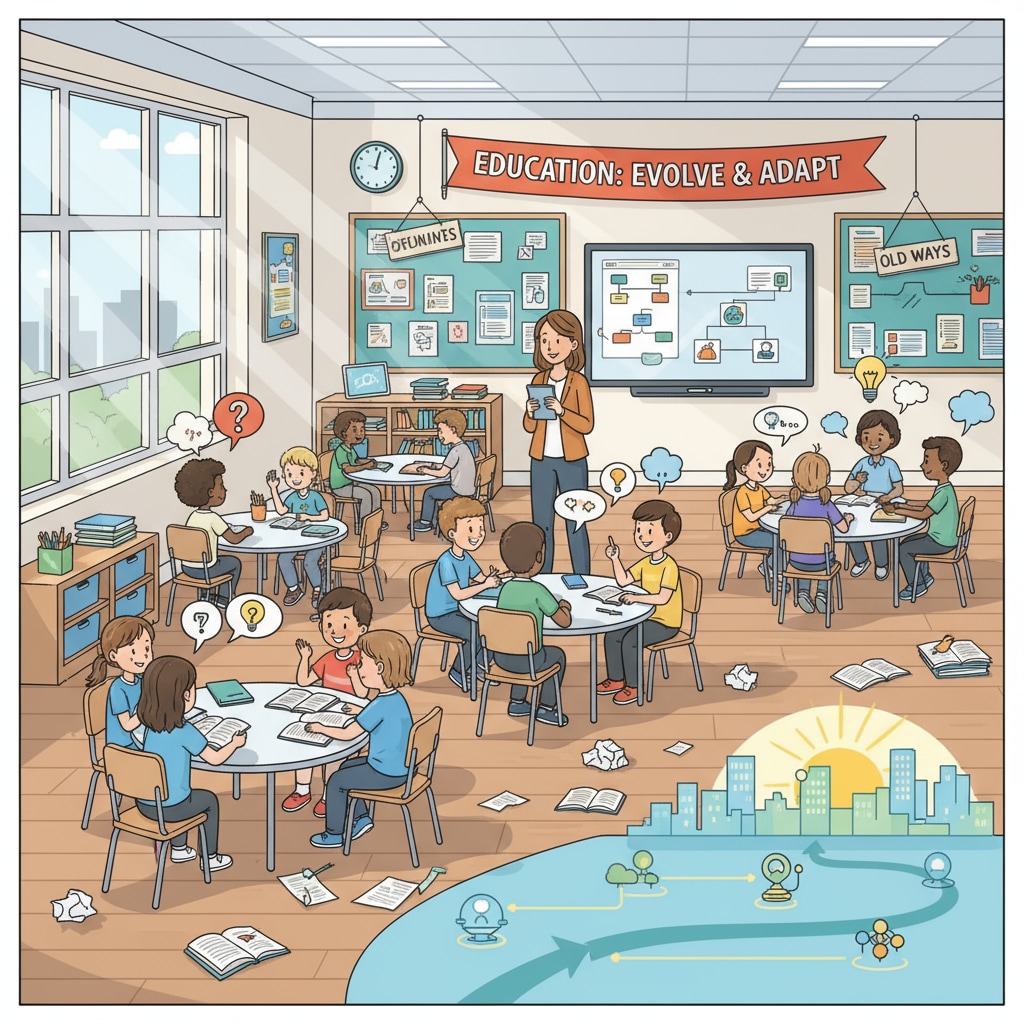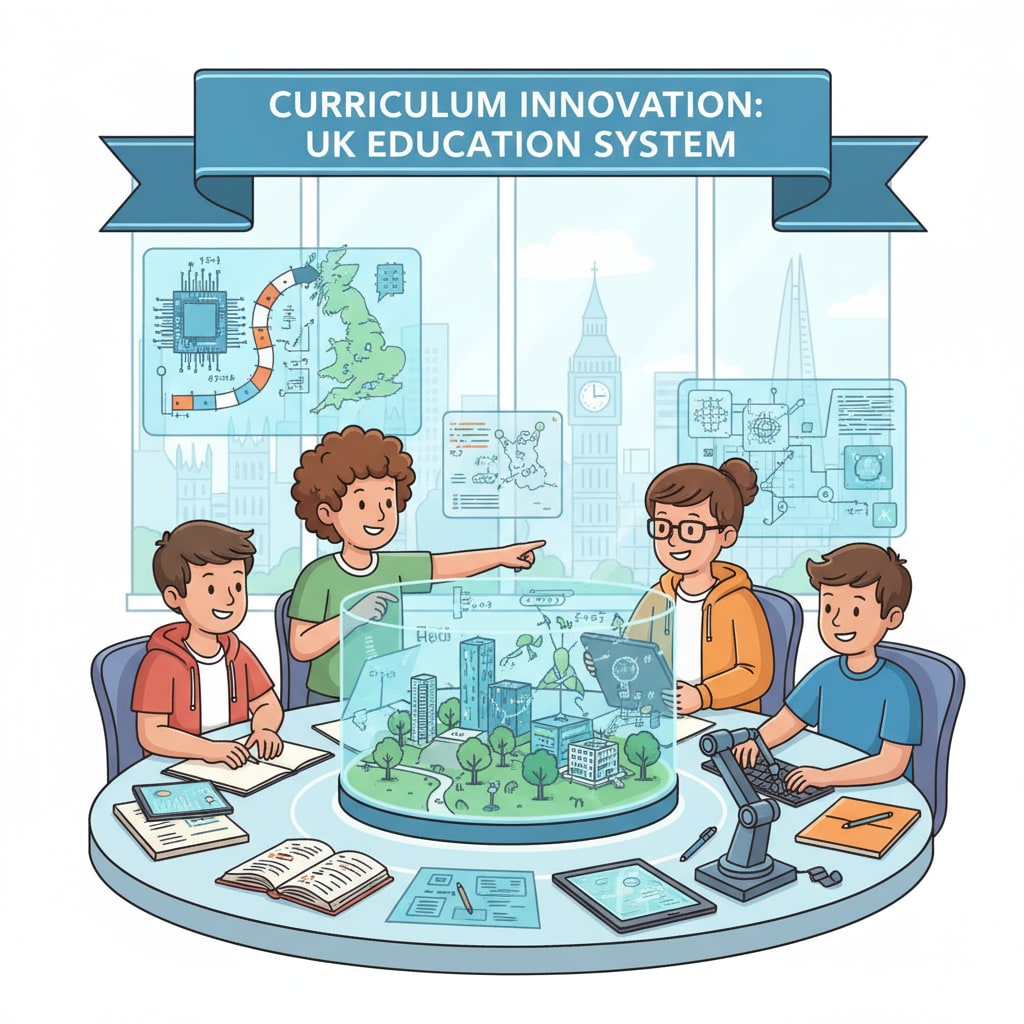The UK education system, curriculum reform, and student assessment methods are at a crucial juncture. The traditional education model is facing numerous challenges, and it’s high time for a comprehensive overhaul. In the modern era, especially with the rise of AI, the need for a more adaptable and innovative education system has become urgent.

The Current Challenges in the UK Education System
The UK education system currently grapples with several issues. Firstly, the curriculum has become somewhat rigid. It often focuses on rote learning and memorization, leaving little room for creativity and critical thinking. For example, students are expected to learn a set of facts and figures without necessarily understanding how to apply them in real – world scenarios. According to Wikipedia’s page on Education in the United Kingdom, the long – standing curriculum structure has made it difficult for students to develop practical skills.
In addition, the assessment methods are rather one – dimensional. Most evaluations rely on exams, which only measure a student’s ability to recall information rather than their overall capabilities. This single – minded approach fails to capture a student’s problem – solving skills, teamwork, and creativity. As a result, many students who may excel in other areas are overlooked.
Another significant issue is the marginalization of art subjects. In the push for academic excellence in core subjects like math and science, art, music, and drama have taken a backseat. This not only limits students’ creative development but also undermines the well – rounded education that is essential for a balanced life.
The Need for Curriculum Innovation
Curriculum reform is the cornerstone of revitalizing the UK education system. There is a pressing need to make the curriculum more flexible and relevant. This could involve integrating real – world projects into the curriculum. For instance, in a science class, students could work on environmental projects, which would not only teach them scientific concepts but also develop their research and problem – solving skills. As stated on Britannica’s page about the education system of the United Kingdom, a dynamic curriculum can better prepare students for the challenges of the 21st century.
Moreover, interdisciplinary learning should be encouraged. By combining different subjects, students can gain a more comprehensive understanding of complex issues. For example, a project that combines history, geography, and art can help students understand the cultural and historical context of artworks, while also enhancing their artistic skills.

Implementing a Multifaceted Student Assessment System
To address the limitations of the current assessment methods, a more diverse assessment system is required. This could include continuous assessment throughout the academic year. Teachers can use methods such as class participation, group projects, and presentations to evaluate students’ progress. This way, students’ performance is not solely judged by a single exam at the end of the term.
Peer assessment can also play a vital role. When students assess each other’s work, they learn to provide constructive feedback and develop critical evaluation skills. Additionally, self – assessment can empower students to take responsibility for their own learning and identify areas for improvement.
Readability guidance: In this article, we have clearly presented the challenges in the UK education system, the need for curriculum innovation, and the implementation of a multifaceted assessment system. Through short paragraphs and clear explanations, we aim to make these complex topics accessible. Transition words like ‘firstly’, ‘in addition’, and’moreover’ have been used to enhance the flow of the article. Each section focuses on a key aspect of reforming the UK education system, with the ultimate goal of creating a more effective and inclusive learning environment for students.


